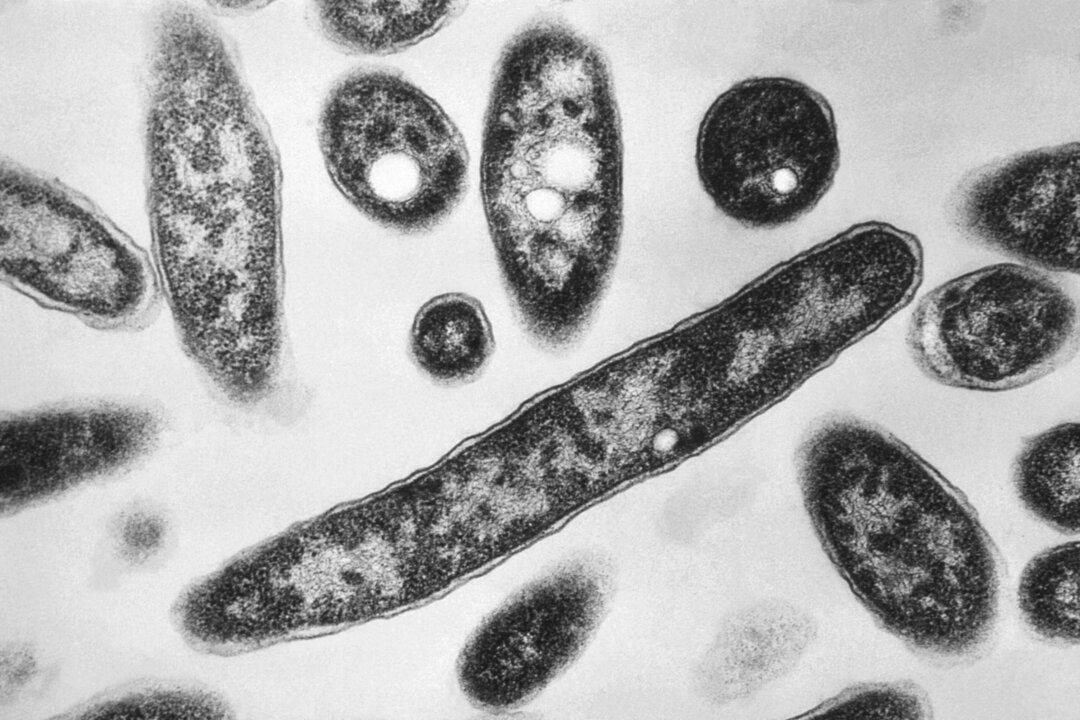New South Wales (NSW) Health has issued a warning for Sydney after three people were diagnosed with Legionnaires disease.
Legionnaires’ disease is an infection of the lungs caused by the Legionella bacteria, found in water and soil.

New South Wales (NSW) Health has issued a warning for Sydney after three people were diagnosed with Legionnaires disease.
Legionnaires’ disease is an infection of the lungs caused by the Legionella bacteria, found in water and soil.